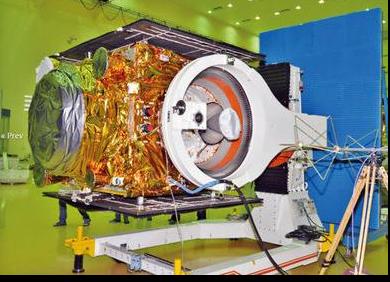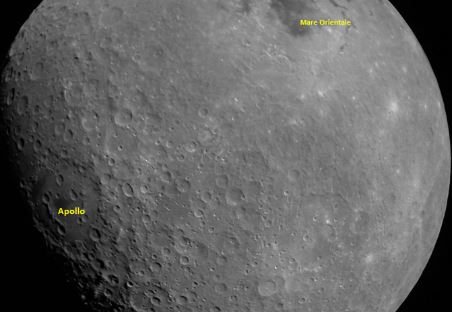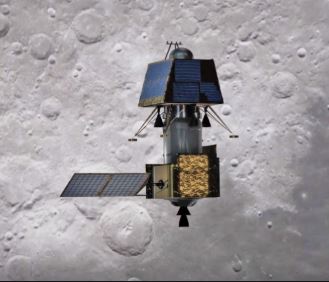Updated By: LatestGKGS Desk
ISRO Develops New Indigenous Atomic Clock For Navigation Satellites: Significance

ISRO Develops New Indigenous Atomic Clock For Navigation Satellites- Details, Features, Significance
The Indian Space Research Organization (ISRO) has developed an atomic clock to be used in navigation satellites. It is supposed to measure precise location data.
Once it successfully clears all tests, the indigenous atomic clock will be used in an experimental navigation satellite to test its accuracy and durability in space.
ISRO at present imports atomic clocks from European Aerospace Manufacturer Astrium (EAMA) for its navigation satellites.
Ahmedabad-based Space Applications Centre (SAC), Director, Tapan Misra proclaimed that this development of the indigenous atomic clock, Isro has become one of the few space organisations in the world which have gained the capability to mark of technological advancement.
SAC Director, Tapan Misra also added the clock is typically being developed on indigenous designs and specifications. This clock is as good as the imported one and it is believed to work for more than five years.
Background
ISRO’s all the seven navigation satellites launched earlier as part of Indian Regional Navigation Satellite System (IRNSS) or NaVIC have three imported Rubidium Atomic Clocks each.
ISRO, on 12th April 2018 successfully launched navsat IRNSS-1I to replace India's first navigation satellite IRNSS-1A, whose three atomic clocks had stopped working two years ago. IRNSS-1I thus completed the constellation of seven functional navsats needed in space to keep the NaVIC operation.


